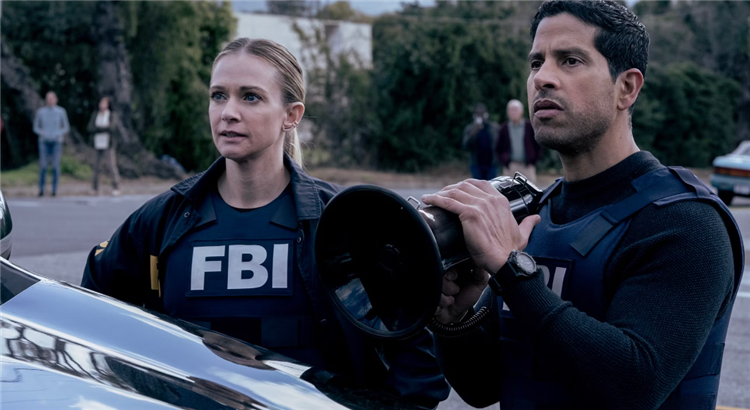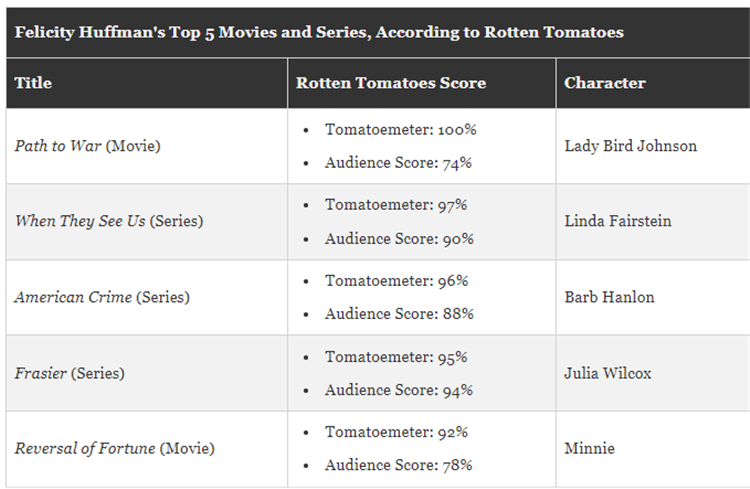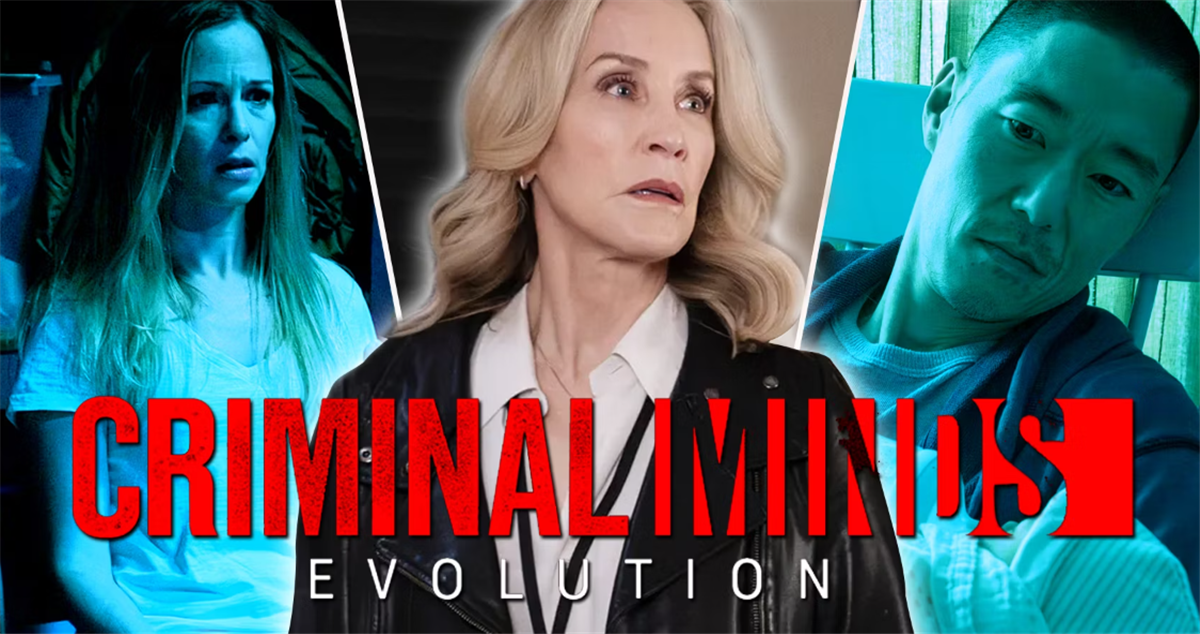Serial killers are scary, which is why stories about them, both fictional and true, remain intriguing. This premise sustained Criminal Minds: Evolution and its beloved predecessor, the original Criminal Minds, for 17 seasons over nearly 20 years. With “Piranha,” Evolution takes a detour from its larger story to introduce a new character with an unrelated “case of the week.” It’s a deeply disturbing episode, which is both exactly what fans want and what critics hate most about it.
There are three episodes left in Season 2 of Evolution, which earned a Season 3 renewal just before the premiere. These final episodes will likely focus almost entirely on the two ongoing serial mysteries: the Gold Star killers and Season 1’s “big bad” Elias Voit (Zack Gilford). This episode, in particular, spends most of its time with Emma Song (Amy Gumenick) and her husband Roger (Aaron Yoo). Roger suffers from infertility, and his shame about this manifests through domineering his wife through psychological abuse. Yet, that’s not how the threat is presented through most of the episode.
Desperate Housewives star Felicity Huffman joins Evolution as a new character with a familiar name: Dr. Jill Gideon. She is the ex-wife of Jason Gideon, one of the founders of the Behavioral Analysis Unit (BAU) first played by Mandy Patinkin until early in Season 3. It’s an interesting choice, since Jill has always existed by implication since Season 1. She was mentioned when Jason (now played by James Lentzch) called his son, Stephen, back in Season 10, but she is only seen in-person now. Her arrival is an interesting choice, especially considering the nature of this episode and why Patinkin regrets playing the character in the first place.
“Piranha” Delivers a Truly Disturbing Case-Of-The-Week
The Episode Is an Example of Why TV’s Interpretation of “Profiling” Is a Superpower

Before audiences found out that Roger broke with reality, his mission as a serial killer takes a very different tenor. The episode opens with a man named Craig Park (Daniel Joo), who’s trapped in a glass cage with a chain-link fence on top. Audiences watch as Roger slowly dissolves Craig in acid while seemingly questioning him about a group sexual assault against a woman named Emma. These scenes of serial murder are interposed with those of Roger caring for a baby, presumably fathered by one of Emma’s attackers. He does all the work for the child because Emma “can’t love him.”
Jennifer Jareau (A.J. Cook) and Luke Alvez (Adam Rodriguez) work the profile from the same narrative as viewers have seen. Yet, J.J. knows something isn’t right because she doesn’t believe a woman would falsely identify four men with no history of sexual assaults as her attackers. They eventually figure out that Roger is infertile, and his wife became pregnant via donors. Specifically, the four missing innocent men. When the police close in, viewers realize that Emma and the baby actually died during a home birth. In case the truth didn’t sink in, the episode shows a montage of previous scenes, only this time revealing Emma and the baby to be in an advanced state of decay.
The montage, while excessively dark, is a victory lap for “Piranha’s” writers, director and actors. Everyone on board did an excellent job of foreshadowing the twist ending. Craig, for example, is clearly lying while in Roger’s acid bath, telling his torturer what he thinks he wants to hear. The state of Emma’s corpse explains why Jeremy Moy (Mark Labella) vomits when he first sees her. When in Roger’s delusion, Emma’s reaction makes it seem like Moy recognizes the woman he assaulted. Also, Gumerick plays the living Emma like a corpse, especially in the way she holds her hands and moves (or doesn’t). It’s all cleverly structured, darkly disturbing and one of those Criminal Minds victories where no one actually won.
Dr. Jill Gideon Was Broken by Her Past With the BAU
Felicity Huffman’s New Character Is Integral to the Show’s Mythology

Huffman’s debut as Dr. Jill Gideon plays like the return of a long-lost character from the series. Viewers who’ve only seen Evolution or even the past five or six seasons of Criminal Minds might certainly think so. The Gold Star killers originated from a children’s home called Steward’s House. It was, essentially, an experiment in turning traumatized kids into serial killers. “Message in a Bottle” (Evolution Season 2, Episode 6) revealed the early BAU was actually the source of this twisted idea. It was a paper David Rossi (Joe Mantegna) and Gideon worked on but never published. As a “biological psychologist,” Jill was also involved in its production.
Most of Jill’s scenes take place at her home, in which she refuses to return to the BAU to offer insight on the case. Prentiss brings Tyler Green (Ryan-James Hatanaka) because he, allegedly, bears a subtle resemblance to her son. Again, the episode sells it as if she was a Season 1 recurring character who just vanished from Criminal Minds, like A.J. Cook or Paget Brewster had later in the original show’s run. Newer fans might be intrigued by the mystery surrounding her, but longtime fans could be annoyed by her late arrival. Some would even say her inclusion is forced. Despite shouting out the names of other characters who’ve left the series, Jill’s introduction is more than just a shoehorned guest appearance, as her mere presence alters the series’ mythology and that of the BAU.
The fact that Jill is so integral to the early days of the BAU feels a bit like commentary on how, in history, women are sometimes erased. Adding this unspoken trauma from working on those cases (the same reason Jason eventually gives for leaving) explains why she preferred it that way. Yet, the additional revelation that she and Rossi also had a past romantic relationship further complicates matters, and not in a positive way. In combination with the darkness of “Piranha’s” case-of-the-week, the reasons Patinkin quit the show feels incredibly relevant.
“Piranha” Represents the Best & Worst of Murder Procedural Storytelling
Mandy Patinkin’s Reasons for Leaving Feel Almost Relevant to This Episode’s Plot

Patinkin left Criminal Minds in Season 3 over what could be called creative differences with the show’s dark direction. Yet, the show also had drama behind-the-scenes, suggesting that the set wasn’t always a welcoming place to work. Given that Patinkin’s previous series regular role was as a grim reaper in Dead Like Me, extremely gruesome fictional deaths were clearly not the only issue that led to his exit. The actor often said that playing Gideon was a mistake, particularly because of how much violence against women made up the substance of the episode’s cases.
Additionally, while the BAU is based on the real-life FBI’s Behavioral Analysis division, it’s also worth noting that studies have revealed the type of profiling shown on the series doesn’t really work. Still, this episode (and the series as a whole) champions these profilers and pulls just enough from reality for their stories. With these in mind, “Piranha” features mostly violence against men on-screen, but it’s still wrapped in the kind of heightened and pulpy violence that the show is known for. Notably, the episode went out of its way to demystify its focal serial killer. It’s as if “Piranha’s” storytellers leaned into Patinkin’s criticism and embraced it.
Roger’s psychotic break came only after his abusive nature killed Emma and her child, simply because he wouldn’t allow her to go to the hospital. As a cautionary tale about the realities of domestic abuse, the episode is too clever by half. Seen through Roger’s delusion, the episode seems to be about the emptiness of vengeance. It’s not surprising that, in his own story, Roger sees himself as a noble victim who tries to care for both his wife and a child who the episode leads audiences into believing was born of an assault.
The whole episode could be read as a deconstruction of the kind of misogynistic killer that previous Criminal Minds seasons accidentally glorified and lionized, exposing how self-important and pathetic such monsters really are. While viewers will enjoy the filmmaking at display and remember the shocking twist at the episode’s end, it’s not so clear if its intended message landed. The episode works when treating Criminal Minds like a horror story, but it’s unclear how well its points and criticisms were made.
Criminal Minds: Evolution Season 2 Feels Like an Attack on the BAU
The Gold Star’s Origins and Elias Voit Stretch the Characters to Their Limits

The premiere episodes of Criminal Minds: Evolution Season 2 touched on the traumas of all its core members. Rossi keeps hallucinating Elias, who taunts the BAU’s de facto leader about almost killing him in Season 1. Both J.J. and Chavez are disturbed by “BAU-Gate” a website where explicit deepfaked images of the unit, particularly J.J., are posted. Prentiss was framed for assault by her neighbor. Penelope Garcia (Kristen Vangsness) is (slightly) tormented by the return of Tyler Green. Meanwhile, Dr. Tara Lewis (Aisha Tyler) is reeling from a breakup with Rebecca Wilson (Nicole Pacent). Everyone in the series is struggling with something.
In his only pair of scenes in the episode, Elias asks his lawyer to dig up a “very special case” in the woods and deliver it to Damien Booth (David Garelik). That this comes as his deal is going through and the BAU learns they are the “North Star” target for the killers is surely not a coincidence. Jill is still so traumatized by the BAU and Jason’s death that she’s overcome with emotion as soon as she walks in the office. A cloud is hanging over the BAU as Evolution goes into its second season finale.
With all this hanging over the series, “Piranha’s” devastating case-of-the-week fits the tone and further disturbs the viewers and the characters. Yet, with all the focus on Jason (and thus, Patinkin), viewers might find themselves asking why the show has to be so dark and disturbing. Murder procedurals are a great way to tell a story about humanity’s capacity for bottomless evil, and “Piranha” succeeds at doing just that. It also delivers a self-contained story of the kind that dominated Criminal Minds for most of its run. Yet, episodes like this can remind viewers why some actors might not stick with the series for very long.
Criminal Minds: Evolution debuts new episodes Thursdays on Paramout+.
